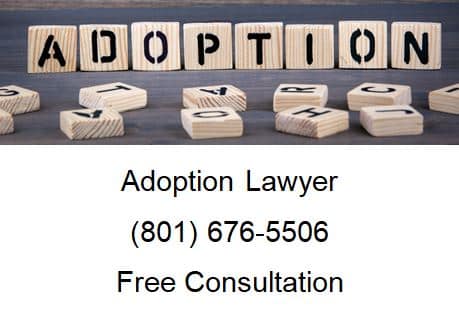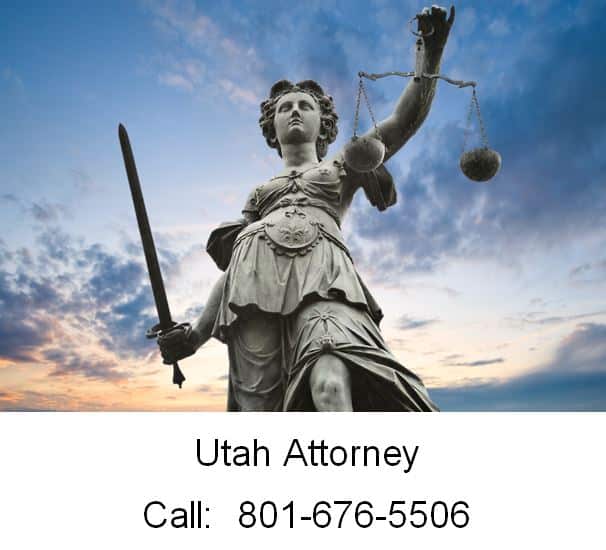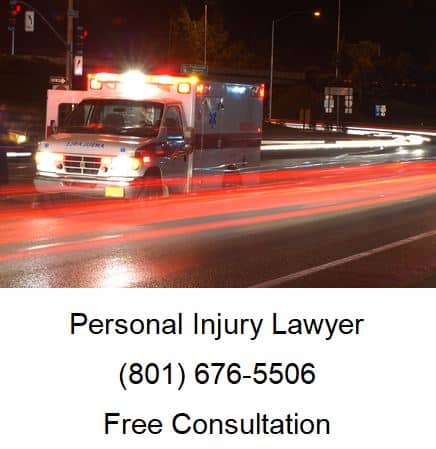One of the many selling points of independent adoption is that it allows both the adoptive parents as well as the birth parents to keep control over the entire adoption process, says mand Salt Lake City Adoption Attorneys. However, despite this advantage, there are disadvantages and risks that are associated with independent adoptions that do not occur in agency adoption. In addition, independent adoption often requires more work on the part of the adoptive parents.
Advantages of Independent Adoption
Perhaps the biggest advantage to independent adoption is the comfort and security that can come with a close personal relationship. In independent adoptions, it is not uncommon for the adoptive parents to form a relationship with the birth parents of the child that is to be adopted.
Many adoptive parents that form good relationships with the birth parents feel more secure in the notion that the adoption will go through and not fall apart at the last minute. Unlike agency adoptions, the two sets of parents in an independent adoption are free to meet and talk about the prospective adoption and whether or not to go through with it.
Additionally, independent adoptions often occur much more quickly than going through the waiting lists and wait times associated with agency adoption. In most situations, and independent adoption will finish within a year.
Lastly, independent adoptions can be much less expensive than agency adoptions (which can cost anywhere between $5,000 and $40,000 for a private agency). However, in some situations, the adoptive parents in an independent adoption will still need to pay the medical expenses for the birth mother.
Disadvantages of Independent Adoption
One of the main disadvantages of an independent adoption is that many states place heavy restrictions on them. As an example, there are some states that prohibit prospective adoptive parents from advertising when looking for a birth mother. Other states limit the amount of money that adoptive parents can provide to the birth mother for her prenatal care and medical expenses.
Additionally, unlike agency adoptions, birth mothers and adoptive parents generally do not get adequate (if any) counseling during the adoption process. Some states have laws that require how much counseling is required for birth parents to receive before they make the decision of whether to go through with the adoption. If the birth parents of your prospective adoptive child do not get the required amount of counseling before the adoption takes place, the adoption may become vulnerable.
Other states extend the period of time in which birth parents can negate an adoption after an independent adoption has gone through. This not only puts your adoption at risk, but it can also mean that you have wasted lots of time and money without any way of getting it back.
Lastly, keep in mind that even when independent adoptions are successful (and many are very successful), they are a lot of work. Many prospective adoptive parents spend countless hours and funds in finding the right birth parents to work with. In addition, you will most likely have to hire an attorney to take care of all the paperwork for the adoption, which also adds to the costs.
States That Disallow Independent Adoption
Out of the fifty U.S. states, four states do not allow independent adoption. If you live in any one of these states, you cannot enter into an independent adoption. However, if you have already identified prospective birth parents in these states, you can enter into an agency-directed adoption.
- Connecticut
- Delaware
- Massachusetts or
- North Dakota
Independent Adoption Costs
Every independent adoption is unique. However, there are some costs that you should expect to pay if you plan on adopting independently. First, in most situations, the adoptive parents will need to expend money in order to find birth parents that are willing to give up their child for adoption. In addition, your costs could include the costs for the mother’s parental and medical care as well as the costs for the legal documents that need to be drawn up. When taken together, these costs can realistically add up to over $10,000 for an independent adoption.
Every state has laws that allow adoptive parents to pay “reasonable” costs that are related to the adoption process. These laws define what types of expenses can be paid in this way (in either an agency or independent adoption). If you are going down the path of an independent adoption, you must be sure that any money that you pay to the birth parents falls under these laws. If you do not, it may appear that you are buying a baby, which is illegal in all states. Most state laws allow adoptive parents to pay medical expenses, counseling costs and fees for legal work related to the adoption. Some states also allow costs to cover the mother’s living expenses — food, housing and transportation — during the pregnancy.
You should also keep track of all of the money that you spend during the adoption process. In order for an independent adoption to be finalized by a judge, some states require that the adoptive parents provide an itemized account of all money given to or paid on behalf of the birth mother. You need to be very aware of what is allowed by your state’s laws or else you may jeopardize the entire adoption process and could even face criminal charges if it is thought that you are buying the baby.
Open Adoptions
Much like an independent adoption, open adoptions generally come about when the adoptive parents meet and get to know the birth parents of the child. The adoption agreement generally allows for the child to spend most of the time with the adoptive parents, but gives some legal right for the birth parents to visit and spend time with the child.
There is no standard way for an open adoption to be organized; it is really up to both sets of parents to come to an agreeable solution. Some adoptive parents like to only meet with the birth parents once before the child arrives, while others like to spend time with the birth parents, even showing up for doctor’s visits to see the sonograms. Additionally, some open adoption agreements allow for the birth parents to visit every weekend for a few hours while others only allow contact on holidays and birthdays. It is important to keep in mind that although these visitation agreements will often wind up in the legal adoption papers, the birth parents do not have much recourse of the adoptive parents disallow agreed upon visitation.
Open adoptions have many advantages, such as reducing stress of both the adoptive and birth parents. For the adoptive parents, they can get to know and trust the birth parents, and for the birth parents, they can regularly check on the child. In addition, open adoptions are sometimes beneficial for the child who can grow up knowing more about his or her history than having unanswered questions.
Free Consultation with Adoption Lawyer in Utah
If you have a question about a stepchild adoption or if you need a lawyer in Utah, please call Ascent Law at (801) 676-5506. We will help you.
8833 S. Redwood Road, Suite C
West Jordan, Utah
84088 United States
Telephone: (801) 676-5506
Additional Adoption Information
Getting Custody of Your Child in Utah
Parents and teachers Sue Utah School Board
Can Bankruptcy Fix a Judgment?







